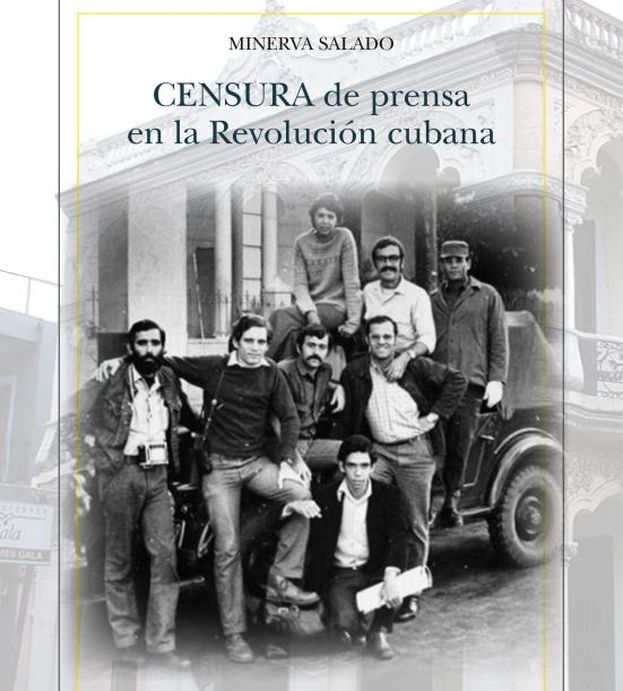
![]() 14ymedio, Reinaldo Escobar, Havana, If the mid-seventies I had thought to tell Minerva Salado, then my chief editor at Cuba International magazine, that in some forty years she would write a book titled “Censorship of the Press in the Cuban Revolution,” I would have caused enormous problems for myself, only surpassed by that if I had predicted to her my current status as an “unofficial” journalist.
14ymedio, Reinaldo Escobar, Havana, If the mid-seventies I had thought to tell Minerva Salado, then my chief editor at Cuba International magazine, that in some forty years she would write a book titled “Censorship of the Press in the Cuban Revolution,” I would have caused enormous problems for myself, only surpassed by that if I had predicted to her my current status as an “unofficial” journalist.
Unveiling the framework of obscenities and subtleties that was woven into the early years of the process called the Cuban Revolution in order to implement strict censorship on the media is a very complex task; what scholars would call “a multidisciplinary task.” Minerva knows this, as a writer, journalist and poet, so in the introduction she warns that her efforts “will have to address the documentary research, personal experience and memory of several generations of journalists and media.”
The theme of this testimonial essay is the magazine Cuba International, a medium that was designed to export a saccharine image of the country, similar to other publications produced by all the members of the so-called socialist camp.
To put makeup on the reality a team was formed where the reporters wanted to be writers and the photographers artists, and it was precisely in this situation that the contradiction arose between the militancy that was intended and the quality demanded.
It will be very easy to rebut what is stated in this book, both from the trenches of those who will call it a betrayal, probably paid for by the empire, as well as by those who, from the opposite extreme, will read it as a justification of the censorship imposed on the Cuban press. But those who are looking for good arguments, irrefutable data and convincing explanations will be grateful for its publication under the imprint of Verbum Publishing in Madrid.
The book needed after this one is the one where someone tries to demonstrate that in this last half century there has been no censorship of the Cuban media, or where they at least try to justify it as a necessary “loving gag.” I already know that it will not be Minerva Salado who will write that one.
